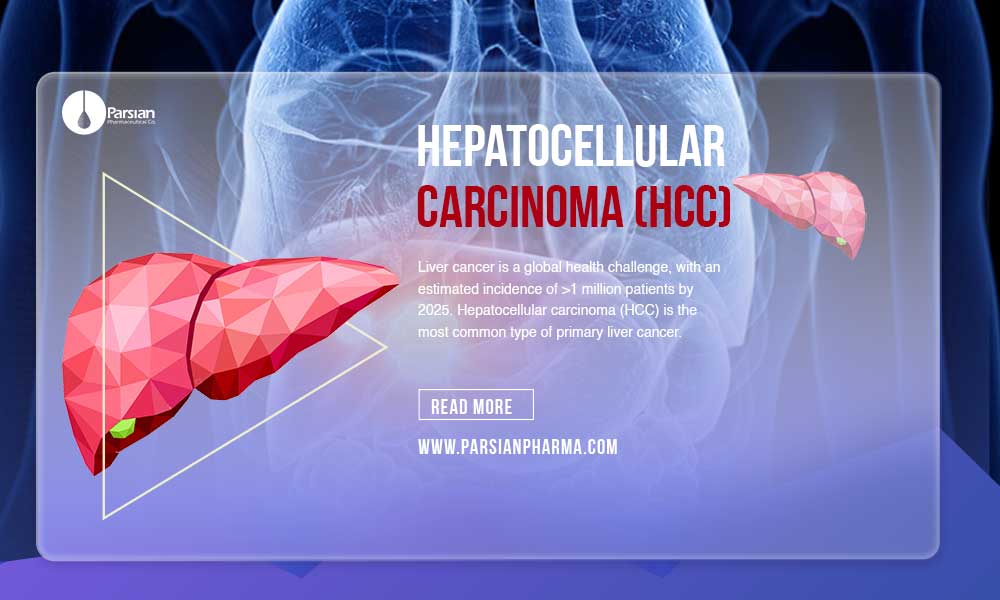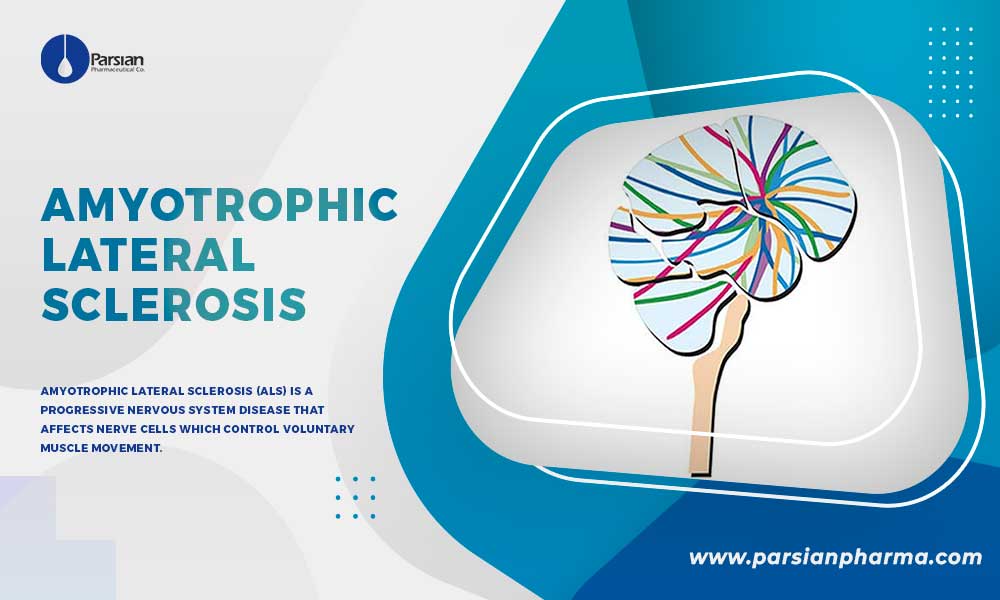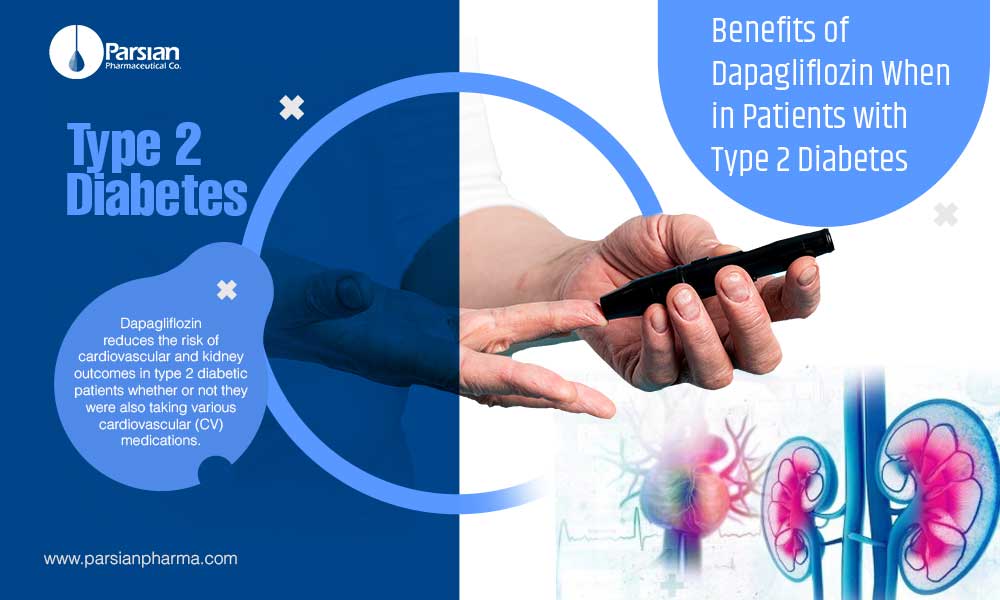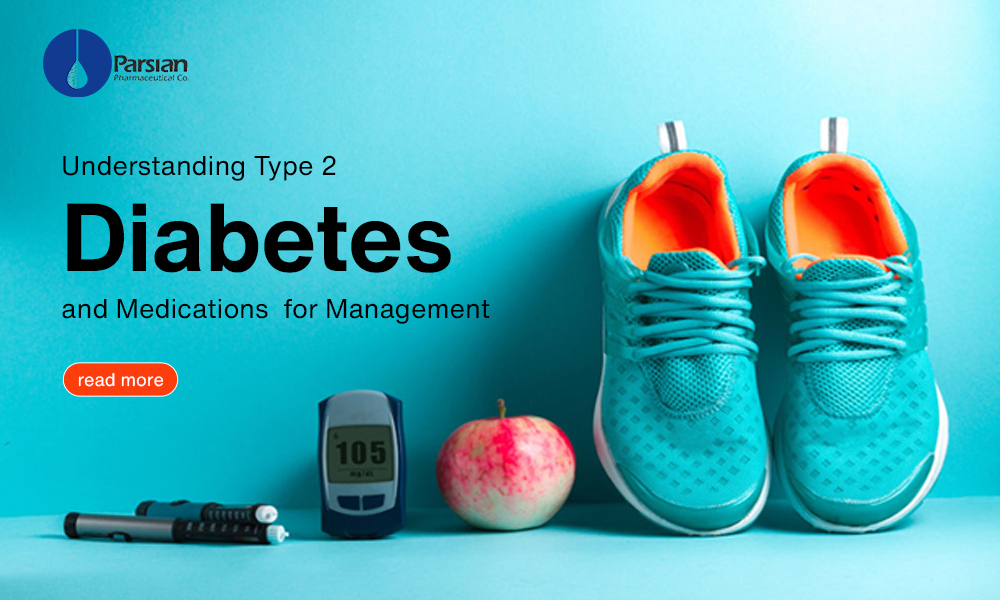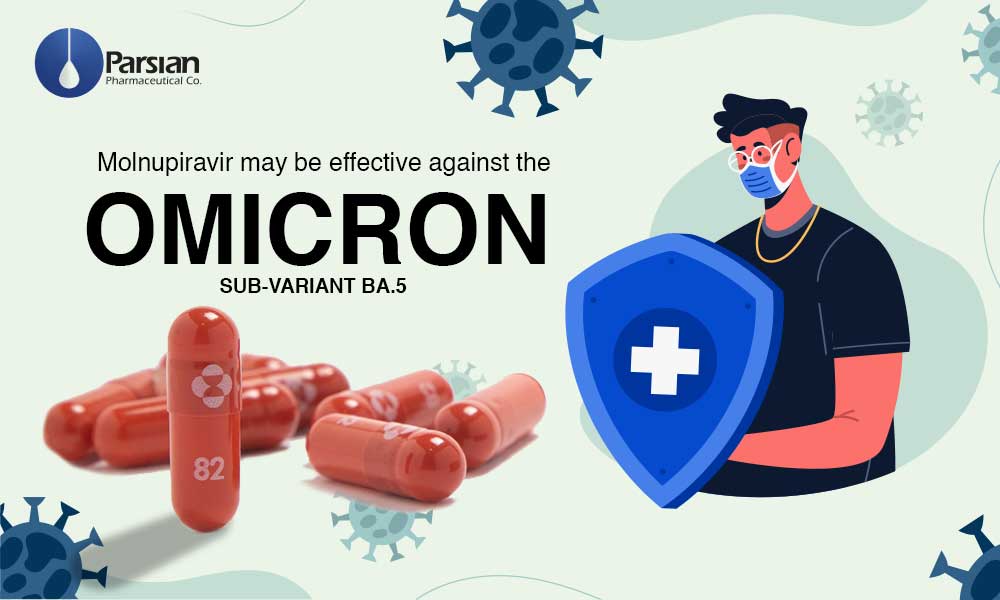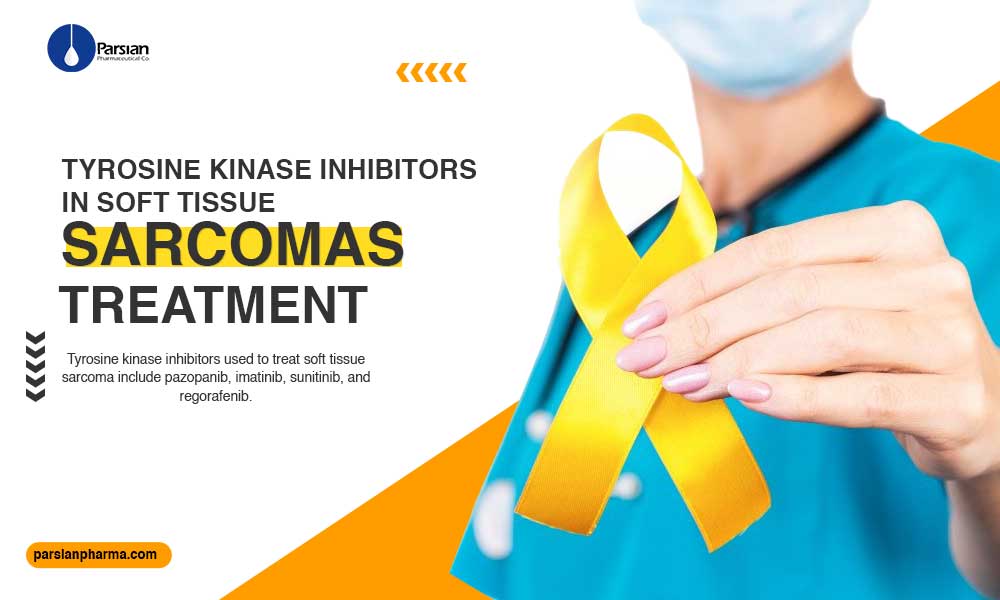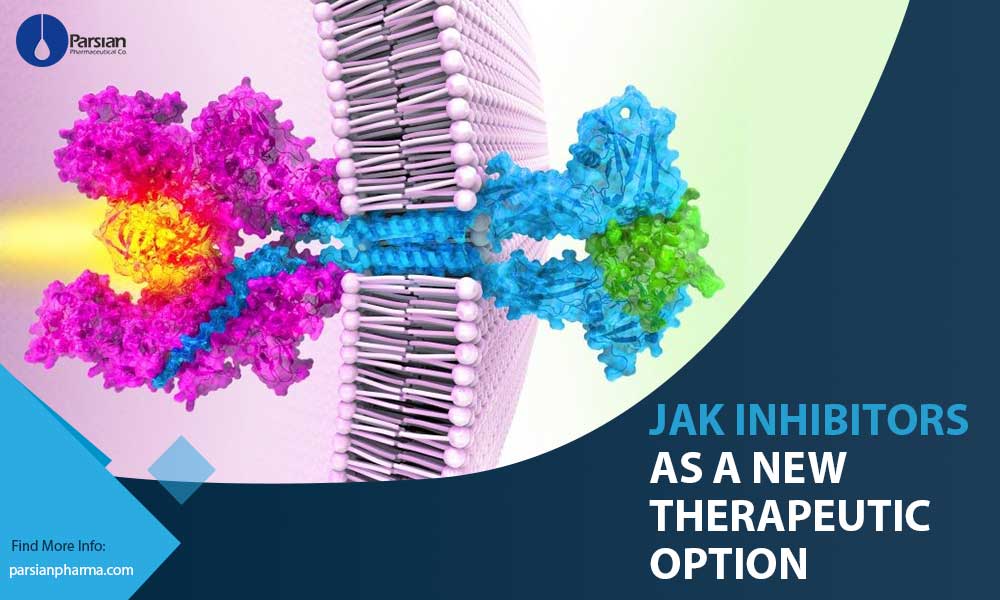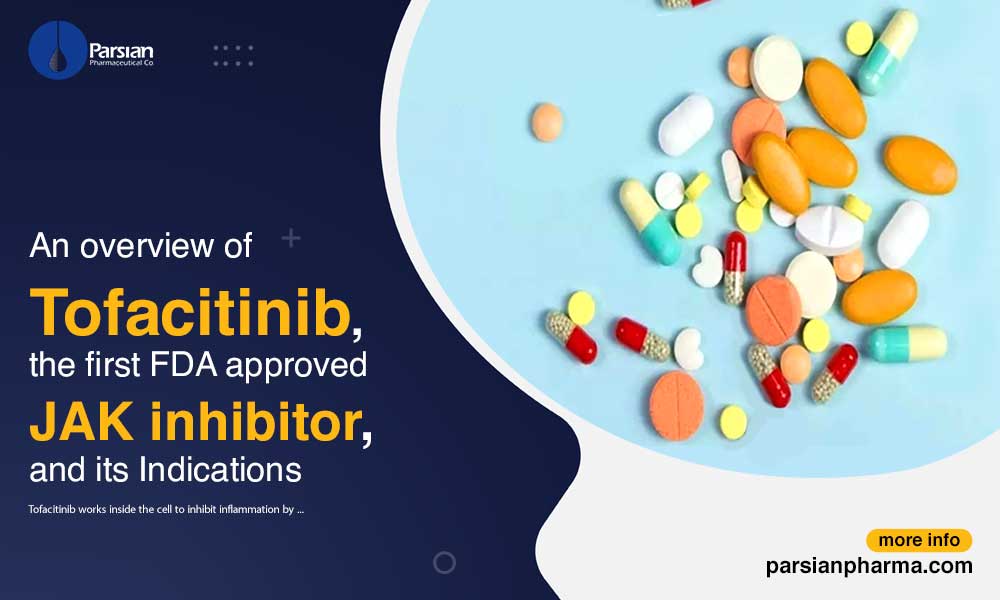Hepatocellular carcinoma (HCC)
Liver cancer is a global health challenge, with an estimated incidence of >1 million patients by 2025. Primary liver cancer is one that started in the liver. There are 5 main types. The type of liver cancer depends on the cell type that the cancer started in. If cancer began somewhere else and then spread to the liver, it’s called secondary liver cancer. Hepatocellular carcinoma (HCC) is the most common type of primary liver cancer. Infection by hepatitis B virus and hepatitis C virus are the main risk factors for HCC development, although non-alcoholic steatohepatitis (NASH), associated with metabolic syndrome or diabetes mellitus is becoming a more frequent risk factor.
Epidemiology
Liver cancer is the sixth most common cancer globally, with 841,080 new liver cancer cases in 2018, and the 4th leading cause of cancer-related death worldwide. The highest incidence and mortality of Hepatocellular carcinoma (HCC) are observed in East Asia and Africa, although HCC incidence and mortality are increasing in different parts of Europe and in the USA. Indeed, Surveillance Epidemiology End Results (SEER) reported HCC as the fastest increasing cause of cancer-related death in the U.S since the early 2000s and HCC is considered to become the 3rd leading cause of cancer-related death by 2030 if these trends continue.
Risk factors
Over 90% of hepatocellular carcinoma cases occur in the setting of chronic liver disease. Cirrhosis is the strongest risk factor for HCC. HCC is the leading cause of death in cirrhosis patients, with a yearly HCC incidence of 1–6%. The major causes for HCC including, chronic alcohol consumption, diabetes or obesity-related NASH, and infection by HBV or HCV. Other less prevalent risk factors for HCC include cirrhosis from primary biliary cholangitis, haemochromatosis and α1-antitrypsin deficiency. Indeed, patients developing cirrhosis from haemochromatosis are at a particularly high risk of HCC, with up to 45% developing HCC in their life span.
Stages of liver cancer
The stage of a cancer is based on its size and whether cancer has spread from where was first started.
Knowing the stage helps you and your treatment team to decide on the best treatment for you. For liver cancer, also using the Child-Pugh score when planning treatment. This looks at how well the liver is working.
Treatment for liver cancer
The treatment will usually depend on:
- How much of the liver is affected by the cancer
- Whether the cancer has spread
- The patient’s preferences and overall health
- The damage to the remaining cancer-free part of the liver
Possible treatments include:
- Surgery to remove the cancer.
- Tumor ablation, destroy cancerous cells by applying heat or alcohol to the cancer cells.
- Embolization, blocking blood vessels close to the cancer to try to shrink it. Chemoembolization or radioembolisation may be used.
- Targeted therapy, the most commonly used for primary liver cancer (HCC) are sorafenib, lenvatinib and regorafenib.
Targeted therapy medicines like sorafenib or lenvatenib if the cancer is advanced in the liver or has spread outside it. A medicine called regorafenib can be prescribed if you have had sorafenib and need more treatment.
- Chemotherapy, may be used to try to control advanced liver cancer.
- Radiotherapy, stereotactic radiotherapy (SABR) is sometimes used to treat liver cancer (HCC), or radiotherapy may be used to help symptoms if the cancer has spread outside the liver.
For some patients, treatment may be given with the aim of curing the cancer, for others it may be given to help controling the cancer, prolong life and improve symptoms.
Targeted therapy
Targeted therapy is medicines that targets the cancer’s specific genes, proteins, or the tissue that contributes to cancer growth and survival. This type of medications blocks the growth and spread of cancer cells and limits damage to healthy cells.
For Hepatocellular carcinoma (HCC), anti-angiogenesis drugs are the most common type of targeted therapy. Anti-angiogenesis therapy is focused on stopping angiogenesis. Because a tumor needs the nutrients delivered by blood vessels to grow and spread, the goal of anti-angiogenesis therapies is to “starve” the tumor. Some anti-angiogenesis therapies are for people with unresectable HCC. Unresectable means that surgery is not an option.
Some of the most prescribed Anti-angiogenesis therapies include:
- Lenvatinib. This anti-angiogenesis targeted therapy drug is approved as a first treatment for HCC that can’t be removed by surgery. The most common adverse effects of this medicine include high blood pressure, fatigue, diarrhea, loss of appetite, joint and muscle pain, weight loss, abdominal pain, rash, redness, itching or peeling of the skin on the hands and feet, hoarseness, bleeding, change in thyroid hormone levels, and nausea.
- Sorafenib. Sorafenib is used to treat advanced HCC that can’t be totally removed with surgery. It is taken orally. The most common adverse effects of sorafenib include diarrhea, fatigue, and certain skin problems, along with other less common ones.
- Regorafenib. It is FDA approved for the treatment of people with HCC that was previously treated with sorafenib. Regorafenib also can inhibit angiogenesis, and it is already indicated for treatment of colorectal cancer and gastrointestinal stromal tumors. It is taken orally. Side effects include diarrhea and skin problems.
Systemic therapy for advanced Hepatocellular carcinoma (HCC)
The types of medications used for advanced HCC are:
- Targeted therapy
- Immunotherapy
The first-line treatment is the initial treatment given. First-line therapy options for advanced HCC are:
- The combination of monoclonal antibodies may be offered to some patients with advanced HCC.
- Targeted therapy with sorafenib or lenvatinib may be offered to people who are unable to receive monoclonal antibodies.
A second-line treatment is given if the first-line treatment doesn’t work. Second-line therapy options for advanced HCC include. Some of them are as below:
A person may receive 1 type of medication at a time or a combination of medications given at the same time. They can also be given as part of a treatment plan that includes surgery and/or radiation therapy. The medications used to treat cancer are continually being evaluated. Your doctor may suggest clinical trials that are studying new ways to treat HCC.
You can obtain more about recent advances in the use of targeted therapy, especially the ones which are prescribed the most and manufactured by Parsian pharmaceutical Co. for the treatment of HCC, in our next article.
References
https://my.clevelandclinic.org/

